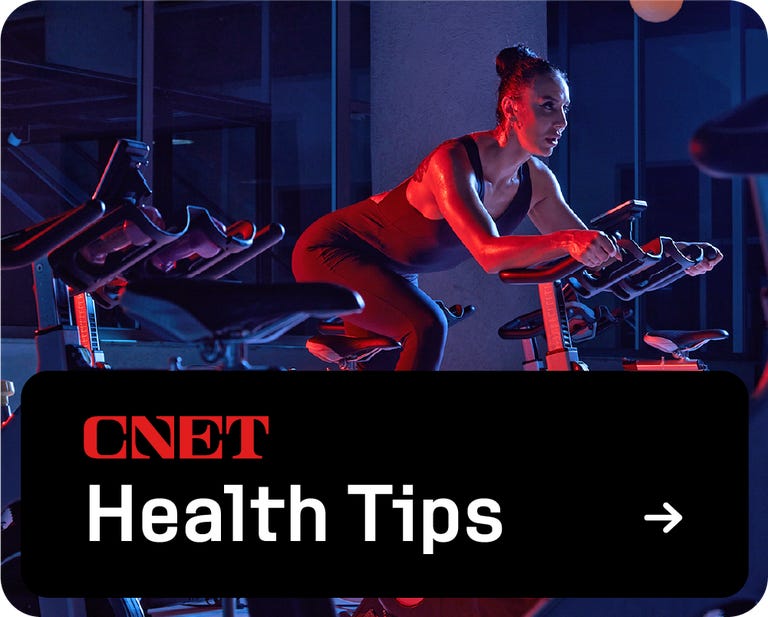7 Habit Changes That Will Help You Burn Body Fat At Home



For many people, losing body fat is one of their top fitness goals. A balance of exercise and diet can lead to a toned body. Starting at 15 minutes of exercise daily can bring you many benefits.
Despite what you may have heard, you can’t target a specific area for fat loss. Many studies have refuted spot-reduction techniques, such as abdominal exercises or upper body strength training. Fat cells from all over the body can be broken down when we exercise; they do not break down in one specific area.

Don’t worry if you’re not a fan of the gym. You can effectively lose body fat at home by being intentional about the habits and exercises you follow. Here are the seven strategies you should start doing today.
1. Make sure you take steps
Walking is an ideal workout to do outside of the gym. It can be done in your neighborhood or in a park. On nice days, you can also get some much-needed fresh air. Plus, it’s free and you can bring your dog (if you have one).
Walking is also a body fat burner. One study found that healthy postmenopausal women lost 3.9% body fat after 30 weeks of walking and 1.8% after 15 weeks of walking. While we can’t target specific areas, walking can help lose belly fat.
According to NatureWalking 30 minutes most days of the week showed significant reductions in body weight and body fat percentage. The study even found that walking 30 minutes can be as beneficial as walking 60 minutes (with a healthy diet).
2. Try intermittent fasting
A diet trend that has become increasingly popular in recent years is intermittent fasting. As the name suggests, this is where people fast for a set amount of time and then eat at other scheduled times. One study review found that subjects who fasted intermittently had weight loss ranging from 0.8% to 13%The idea is to force the body to use its readily accessible sugar stores and start burning fat.
One advantage of intermittent fasting is that you can tailor it to your preference and ability to abstain from food. According to John Hopkins MedicineFasting can be a certain number of hours per day or even just eating one meal per day for two days a week. For example, you can only eat for an eight hour period each day and fast the rest of the day.
It’s important to note that intermittent fasting isn’t for everyone, especially those at risk for Eating Disorder or during pregnancy. Before trying intermittent fasting, consult your doctor to ensure you are following the best plan for you and your goals.
3. Lift heavier weights
This point may seem counterintuitive, since we just discussed that you can’t burn fat in one specific area, no matter how many ab exercises you do. You can balance strength training to target multiple muscle groups or work on specific areas of your body as part of a full-body workout. This can give you more balance and a lean appearance, and help with body composition.
If you don’t have any dumbbells at home, check out these household items that can also serve as weights.
Weightlifting can also help you lose fat and build muscle at the same time. To research show that 3 pounds of lean muscle mass gain is equivalent to 4 pounds of fat loss. Resistance training has also shown to reduce body fat percentage, body fat mass, and visceral fat (the fat surrounding your organs).
Strength training, either with weights or bodyweight exercises such as push-ups, is recommended by the US center for disease control and prevention at least two days a week, so that it is an exercise that easily fits into your schedule.
4. Start running or jogging

Another great idea to lose body fat is to start running or jogging. Like walking, you can do it in your neighborhood or in a park, so it’s free. If you’re worried about the weather, you can also find an indoor track at a gym or community center. You might also consider taking a treadmill to run or jog at home.
Sprint training is especially good for break down the fatwhere you change how fast you run every few seconds. Centers for Disease Control also recommends 150 minutes of moderate-intensity aerobic activity, 75 minutes of vigorous-intensity activity, or a mix of the two per week. The CDC lists walking at a pace of 15 minutes per mile as moderate activity and jogging or running as vigorous.
5. Focus on high-intensity interval training
Often referred to as HIIT, this type of exercise involves working out as hard as you can for short periods of time, then spending some time doing a lower-intensity workout. One benefit of this exercise is that it can be any activity that gets your heart pumping, from jumping jacks to stair climbing, so it’s adaptable based on how much space you have and what equipment you have on hand.
It is also a fat burner. It can result in a modest reduction of overall fat and abdominal fat.
You can do it 30 seconds to a few minutes of training as hard as you can and then one to five minutes of recovery at a lower intensity level. These workouts usually last about 30 minutesincludes 5 minute warm-ups and cool-downs, but can be modified for comfort and fitness levels. Typically, the goal is to do these sessions five times a week.
6. Eat the right foods
You can also focus on your eating patternWhile there are no foods that will magically burn your fat, there are foods that can boost your metabolismMost of these foods are high in protein and healthy fats, which help you feel fuller for longer.
Some foods that you can include in your diet if you are trying to lose fat as mentioned in the CDC, Healthline and the World Health OrganisationInvolving:
- Fat-free, sugar-free yogurt, such as Greek yogurt.
- Fatty fish such as tuna, herring or salmon.
- Eggs.
- Vegetables.
- Fruit.
- Green tea.
- Whey protein.
- Olive oil.
- Beans.
- Grilled chicken.
7. Get enough quality sleep
We often associate burning fat with endless workouts and painfully restrictive diets. A good amount of rest can also help you get rid of fat. Staying awake too long can cause us to eat sugary foods to stay awake, make us feel tired and ineffective at exercising, and can even contribute to stress and inflammationwhich leads to poor recovery after training.
A study has shown that lack of sleep reduces weight loss by 10%. 55%Another found that better sleep quality was associated with more Weight and fat lossAnother study found a positive relationship between sleep duration and body fat loss.
The Mayo Clinic recommends that adults get seven or more hours of sleep at night. Sleep needs vary from person to person, so adjust your sleep schedule if seven hours doesn’t seem like enough.
Too long; didn’t read
You have many different options when it comes to losing fat at home. You can try walking, running, high-intensity interval training, or bodyweight training, all of which have studies backing their fat loss capabilities.
You can also try changing your diet. Eat foods that are low in saturated fat and sugar and that will keep you full longer. Choose high-protein or low-calorie foods like grilled chicken, beans, eggs, or green tea. You can also try intermittent fasting.
Finally, make sure you get enough sleep. A good amount of sleep is also associated with fat loss.




